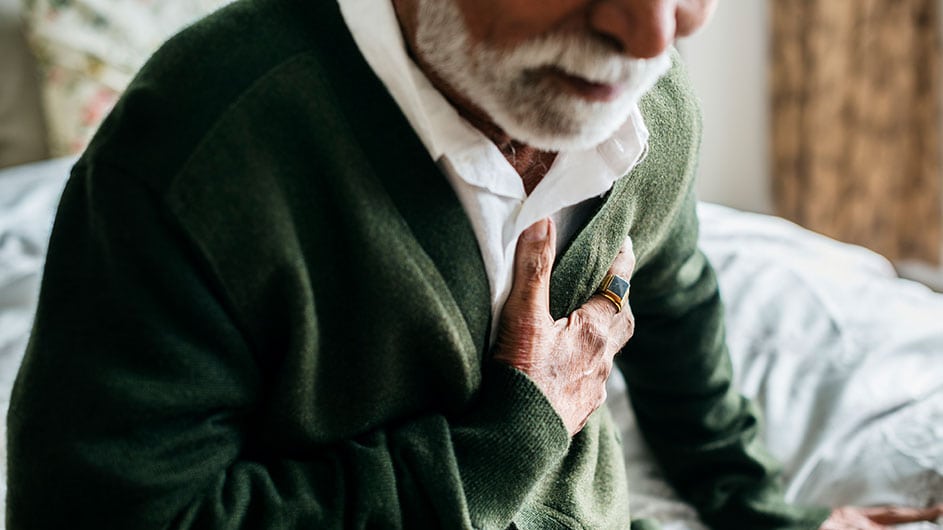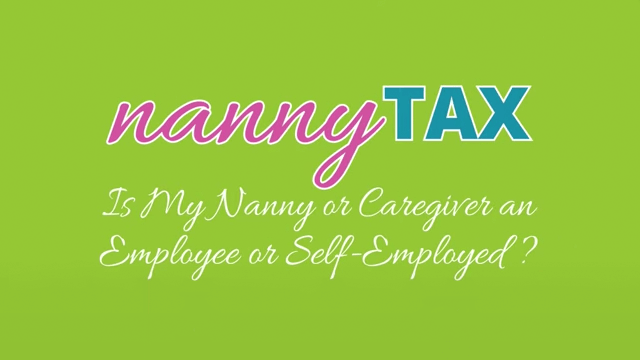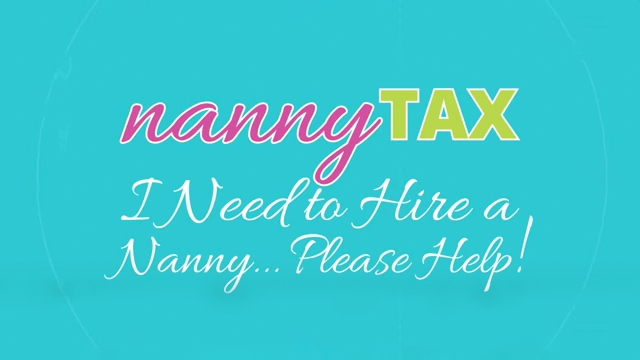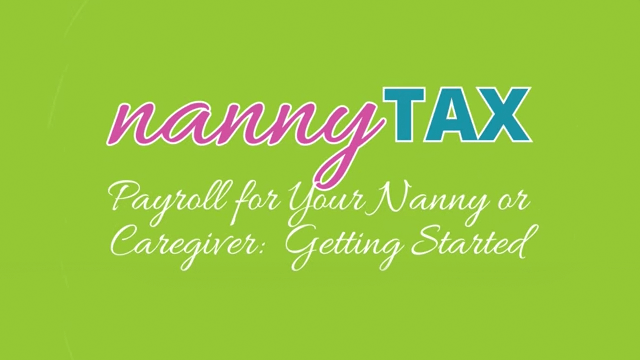
Warning Signs Your Elder May Need Help
While many elders are able to live in their own home and maintain their independence, this isn’t the case for all. We like to think that mom, dad, grandma, or grandpa does just fine on his or her own, but sometimes there are little clues that show they may need help.
Here are some commonly missed signs that your senior citizen may need some type eldercare or additional assistance:
They have poor personal hygiene. You may suspect that they haven’t taken a bath in a few days, that their clothes aren’t clean, and that they aren’t taking care of their oral hygiene. They may also have problems making it to the restroom and issues with incontinence.
Their home is cluttered, dirty, or unsafe. Your elder probably isn’t lazy when it comes to housekeeping, it may be that they are physically or mentally unable to do household chores that are required for keeping a home clean and safe. Want to make your loved ones home safer? Be sure to check out our blog post and infographic on 5 Simple Tips To Prevent Falls in Seniors!
They forget to pay the bills. Your loved one may forget to pay the electric bill, phone bill, or any one of the numerous expenses required to run a home. One forgotten bill can lead to a home without electricity and hundreds of dollars in late fines and reconnection fees. Keep in mind that memory problems can be a sign of a bigger health issue like Alzheimer’s or Dementia.
While the signs above are easy to miss or dismiss, there are some major warning signs that strongly show that an elder needs help:
Your elder has mobility issues. If they are physically unable to safely get around the home, they shouldn’t be left alone. Falls in seniors are a major health concern, famous for causing serious injuries that are hard to heal and broken bones. If your senior has mobility issues, someone needs to be there for them.
They skip meals. Seniors skip meals for a number of reasons, everything from they just aren’t hungry to they forgot to buy food. Nutrition in older adults is very important, and skipping meals can lead to unhealthy weight loss, brittle bones, and a number of other problems. If you suspect your senior may not be eating, find out why. People with mobility issues may need someone to shop for them and cook for them. Those suffering from mental issues or forgetfulness may need a caregiver to remind them that it is time to eat, and may need to be gently encouraged to actually eat their food.
They have been diagnosed with a mental or medical issue that requires supervision or additional care. Alzheimer’s, Dementia, cancer, diabetes, and many other medical conditions are strong warning signs that your elder needs a live-in caregiver. If you aren’t sure what type of care they need, speak with their doctor about their current and future physical, mental, and medical needs.
They show signs of depression. Many people think that depression is just a part of getting older and nothing to worry about, but this isn’t the truth. According to Mood Disorders Society of Canada, 5% to 10% of elders living at home “will experience a depressive disorder that is serious enough to require treatment,” and that number jumps to “30% to 40% of elders living in institutions.” Of those people that suffer, a whopping 90% of them hide their depression or have it ignored by loved ones. If your elder shows signs of depression, they do need additional care. See the Mood Disorders Society of Canada “Depression in Elderly” PDF for more information.
Once you notice the signs that your loved one does need help, you have options. You and your family can offer care yourselves in the elder’s home as needed, you can move your elder into your home and care for them, or you can hire a live-in caregiver to make sure their needs are met in either home. Being a fulltime caregiver is hard work, especially for those with a career and busy family. If you are on the fence about which path to choose, be sure to check out our blog post on 4 Reasons People Hire Eldercare Caregivers for Loved Ones.
What are some signs you noticed that made you decide your loved one needed help? How did you decide between caring for them yourself and hiring a caregiver? Do you have any tips for others struggling with this decision? If you do, leave a comment below. We LOVE comments and we LOVE hearing advice and tips that can help others!










